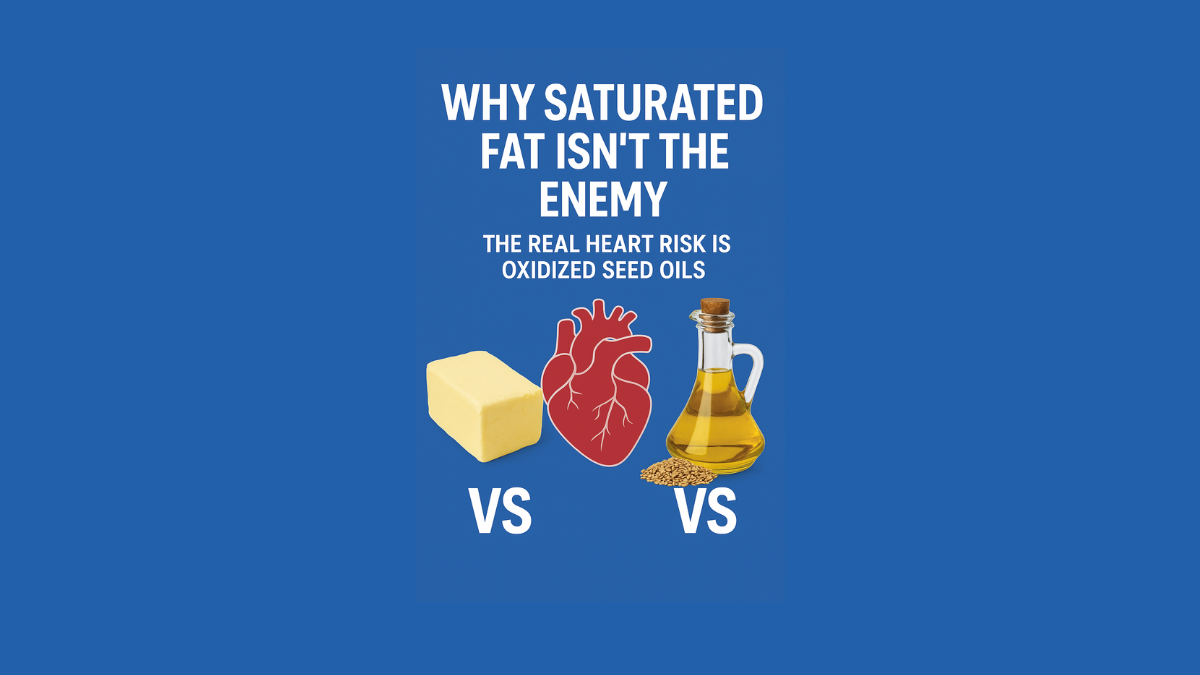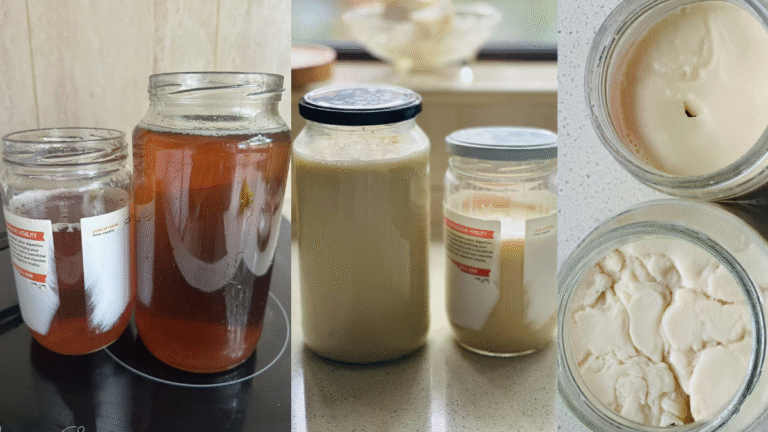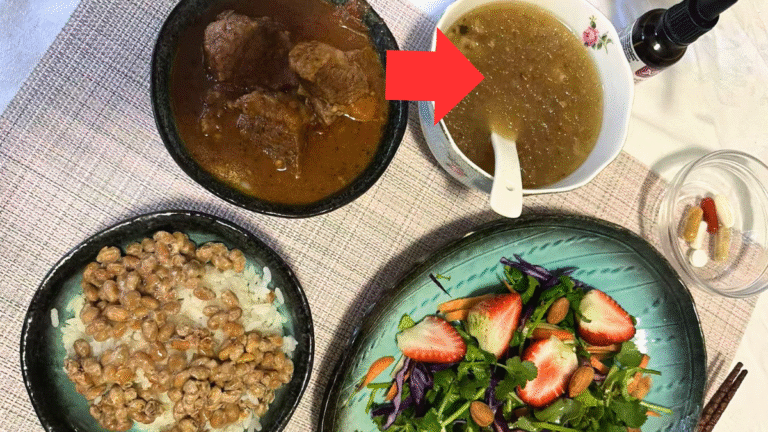The Truth About LDL: It’s Oxidation, Not Saturated Fat, That Matters
“Why did my personal trainer tell me to eat less fat, but you keep telling us to eat more saturated fat?”
A follower asked me this today, and I get it — the nutrition world feels like a minefield of contradictions. So, I dug into some research, including a fascinating paper from the European Heart Journal, to see what’s really going on.
The fat confusion
For decades, we’ve been told:
- Saturated fat = bad
- Vegetable oils (omega-6) = heart-healthy
But the study challenges this narrative. It points out that the real danger isn’t “LDL cholesterol” itself — it’s oxidized LDL. And what makes LDL oxidize in the first place? The main culprit is linoleic acid, the omega-6 polyunsaturated fat found in refined seed oils (soybean, corn, sunflower, safflower, etc.).
Why oxidized LDL matters
- Native, unoxidized LDL doesn’t cause plaque in arteries.
- LDL becomes dangerous only when oxidized — triggering inflammation, foam cell formation, and atherosclerosis.
- The oxidation process starts when linoleic acid in LDL particles reacts with oxygen, creating toxic byproducts.
And here’s the kicker: cholesterol bound to saturated fat is actually resistant to oxidation. Cholesterol bound to linoleic acid is fragile and oxidizes easily — meaning it’s seed oils, not butter, that fuel the problem.
More omega-6, less omega-3
The research also shows that eating a lot of omega-6 can push out omega-3s (EPA, DHA) from your tissues. Since omega-3s protect against heart disease, this imbalance adds more fuel to the fire.
The takeaway
Refined seed oils raise the linoleic acid content of LDL, VLDL, and HDL, making all of them more likely to oxidize.
Oxidized LDL, not total LDL, is the real predictor of heart disease.
Populations eating traditional diets rich in natural fats (including saturated fat) but low in industrial seed oils have low rates of heart disease — even with high LDL levels.
💡 Bottom line:
If you want to protect your heart, focus less on “low fat” and more on the type of fat:
- Avoid refined seed oils.
- Include stable, less oxidation-prone fats like butter, ghee, coconut oil, and fats from well-raised animals.
- Balance omega-6 with omega-3 from fish and pasture-raised meat.
Reference Paper: https://academic.oup.com/eurheartj/article/41/24/2313/5735221?login=false






